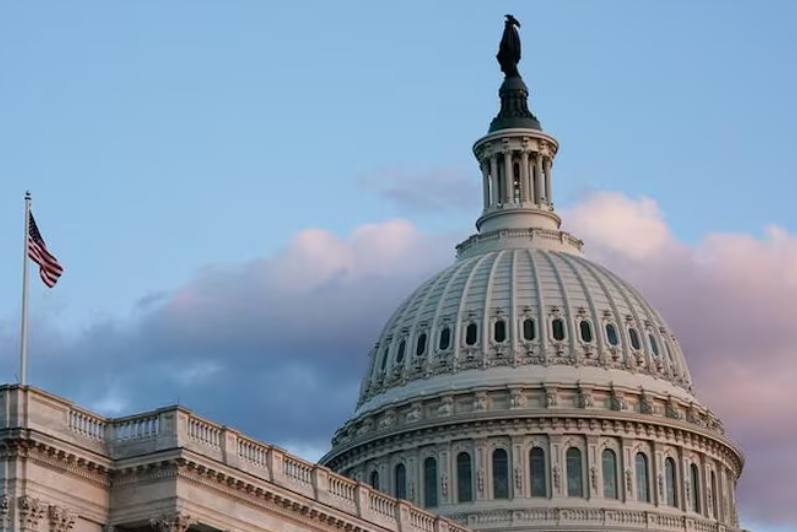House of Representatives Approves Federal Judiciary Expansion Bill
Historic Bill Introduces 66 New Judges Nationwide
The House of Representatives approved a bill on Thursday to appoint 66 additional judges to federal courts across the country. President Joe Biden, the outgoing Democratic leader, has openly declared his intention to veto the legislation. Lawmakers expedited this measure after Republican President-elect Donald Trump secured victory in the November election.
The Republican-led House decisively passed the bill in a 236-173 vote, following the Democratic-led Senate’s earlier approval this year. This legislation marks the first significant expansion of the federal judiciary since 1990. The bipartisan bill proposes appointing new judges in 25 federal district courts across 13 states, including California, Florida, and Texas. The appointments will occur in six phases, every two years, through 2035.
Federal Judges Advocate for the JUDGES Act
Hundreds of judges actively supported the JUDGES Act, emphasizing the urgency of addressing increasing federal caseloads. According to judicial advocates, caseloads have risen by over 30% since Congress last passed a comprehensive expansion of the judiciary. In August, the Senate unanimously voted in favor of the bill, highlighting its widespread support.
However, political dynamics shifted after the Nov. 5 presidential election. Democratic lawmakers criticized House Republicans for delaying the vote until Trump’s victory became apparent. This timing ensured Trump’s opportunity to nominate the first 25 judges. The White House cited this delay as a key reason for Biden’s planned veto. After the House vote, which saw support from only 29 House Democrats, a White House spokesperson reiterated Biden’s stance.
Political Tensions Cloud Judicial Appointments
Republican House Speaker Mike Johnson called for bipartisan cooperation, stating, “This should not be a political issue – it should be about prioritizing the needs of the American people and ensuring the courts are able to deliver fair, impartial, and timely justice.” U.S. District Judge Robert Conrad, representing the Administrative Office of the U.S. Courts, praised the bill, stating it would improve access to justice and streamline judicial administration.
Despite bipartisan support, Democratic leaders expressed frustration over the timing of the vote. Representative Jerrold Nadler, the leading Democrat on the House Judiciary Committee, accused Republicans of manipulating the process. He argued that delaying the vote undermined bipartisan trust and paved the way for Trump to appoint more conservative judges to the bench. Nadler highlighted the broader implications of such appointments, referencing Trump’s previous judicial appointments, including 234 federal judges and three Supreme Court justices.
Biden’s administration has similarly made significant judicial appointments, nearing Trump’s total with 233 confirmed judges, including one Supreme Court justice. On Thursday, the Senate Judiciary Committee advanced two final nominees from California for Senate consideration, further showcasing the evolving judicial landscape.

